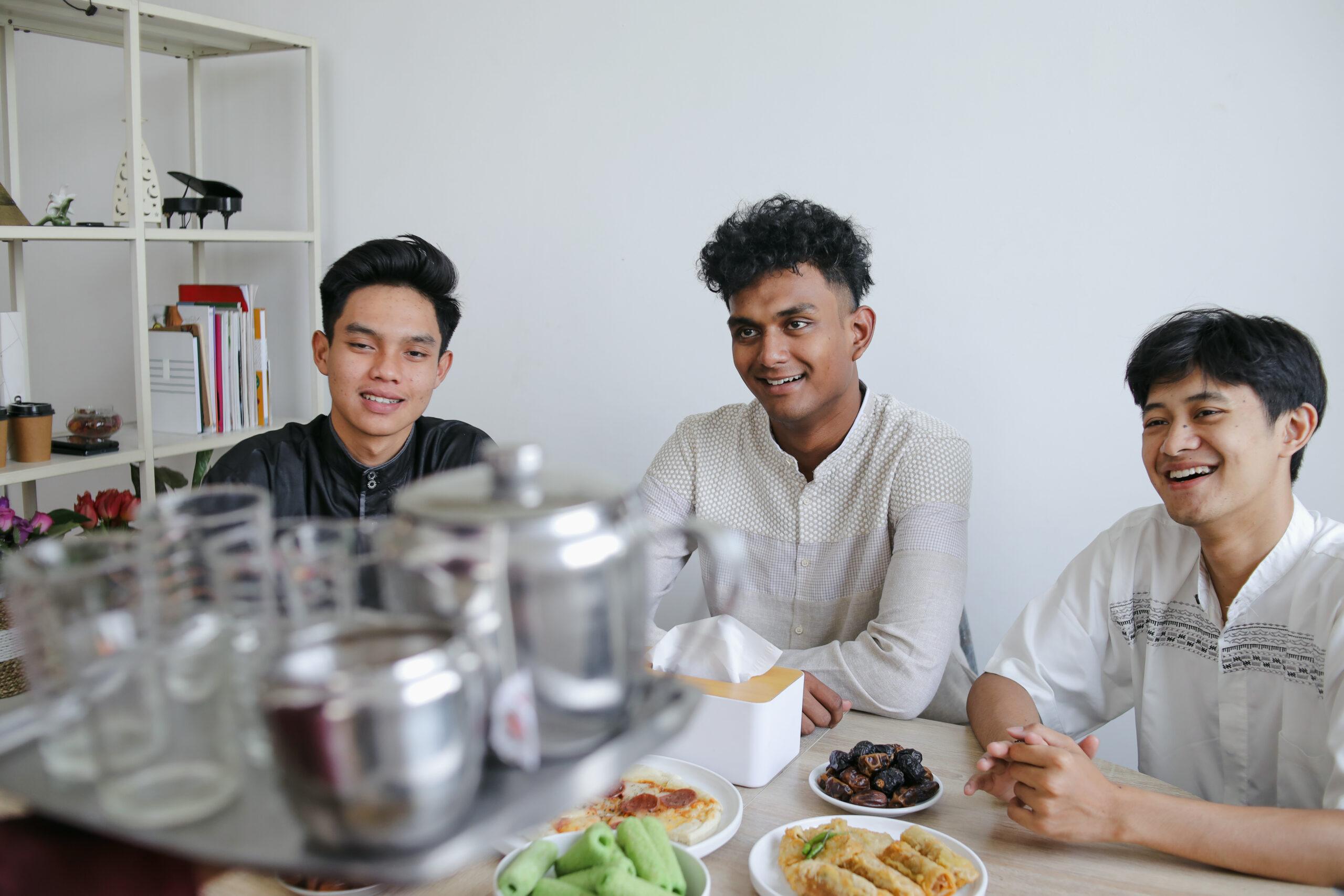Cultural celebrations serve as powerful identity markers, allowing South Asian expatriates to preserve a core aspect of their identity during significant life changes while abroad.
Feeling the ache of homesickness as Holi approaches or missing the community spirit of Ramadan and Eid celebrations? For South Asian expats, living abroad during significant cultural festivals often triggers complex emotions that can impact mental wellbeing. Research consistently shows that maintaining cultural connections during life transitions isn’t merely sentimental—it’s essential for psychological health and identity preservation.
The Psychological Benefits of Cultural Celebrations
Studies published in the Journal of Cross-Cultural Psychology demonstrate that engaging in cultural traditions while living abroad significantly reduces feelings of isolation and strengthens resilience. These celebrations create structure during periods of transition and provide emotional anchors when navigating unfamiliar environments.
“Cultural celebrations serve as powerful identity markers,” explains Tania Kapoor, licensed therapist at PeacePlus specialising in cross-cultural adaptation. “When South Asians maintain connections to festivals like Holi, Eid, or Pongal while abroad, they’re not just participating in rituals—they’re actively preserving a core aspect of their identity during significant life changes.”
The Role of Cultural Celebrations in Combating Expatriate Depression
Research published in the Journal of Ethnic and Migration Studies reveals that immigrants who actively participate in cultural traditions show lower rates of acculturative stress. A 2022 study in the American Journal of Community Psychology found that South Asian expatriates who maintain regular engagement with cultural practices demonstrate greater psychological resilience and report stronger feelings of belonging.
These protective effects become especially important during festival seasons when the geographical distance from family and traditional community settings can trigger heightened feelings of displacement. Beyond personal psychological benefits, cultural celebrations create valuable opportunities for diaspora communities to establish support networks that serve as essential resources for navigating the complexities of bicultural identity development.
Practical Strategies for Meaningful Celebrations Abroad

Creating authentic cultural experiences in a new country requires creativity and flexibility. Consider these approaches:
- Leverage technology: Schedule video calls with family during key ceremonial moments to maintain connection despite physical distance.
- Build Community: Research local South Asian cultural associations where you might find group celebrations.
- Share your heritage: Host a small gathering introducing friends from diverse backgrounds to your traditions, creating new cross-cultural memories.
- Recreate sensory experiences: Cook traditional festival foods or locate authentic restaurants that capture familiar flavors and aromas.
- Adapt meaningfully: Modify celebrations to fit your new environment while preserving their core significance.
Embracing Cultural Evolution
Many expatriates worry that adapting traditions somehow diminishes their authenticity. However, cultural anthropologists emphasise that traditions have always evolved through migration and contact with new environments.
“The anxiety about celebrating ‘correctly’ often adds unnecessary stress,” notes Tania. “Cultural practices naturally transform across geography and generations. Adapting your celebrations isn’t less authentic—it’s part of the natural evolution of cultural identity.”
At PeacePlus, we understand the complex emotional landscape of maintaining cultural connections while building new lives abroad. Our culturally-informed therapy services provide support for South Asians navigating these transitions, helping transform potential isolation into opportunities for meaningful cultural integration and personal growth.
Remember that honoring your cultural heritage while embracing new experiences creates a richer, more resilient identity. This balanced approach to cultural celebration contributes significantly to mental wellbeing during life’s most challenging transitions.







Comments
Mariyam
I can really relate to this article as someone who’s observing Ramadan away from home for the third year now. That feeling of being “caught between worlds” is so real, especially during festival season. I’ve found that hosting a small iftar gathering with both muslim friends and curious colleagues has become a meaningful new tradition – it helps me share my culture while creating new memories here.
The part about adapting traditions without feeling guilty really resonated with me. Thanks for the reminder that maintaining these cultural connections isn’t just about nostalgia but actually supports our mental health during transitions!
Rahul
What’s been eye-opening for me is just talking to people – both South Asian and non-South Asian – about cultural celebrations. I casually mentioned missing Holi to a colleague (who isn’t South Asian) during lunch, and she immediately told me about a massive Holi celebration that her friend attended last year! I just went yesterday and it was absolutely amazing – such a fun time! The vibrant colors flying everywhere, people dancing to Bollywood hits, strangers becoming friends amid clouds of pink and blue powder – it was electric! The food vendors had all the authentic dishes I’ve been craving, and being surrounded by so many people celebrating together made me feel connected to my culture in a way I haven’t experienced since leaving home.
I think the biggest lesson I’ve learned is that networking and simply talking about your cultural background opens so many doors. Now I realize there are way more options for building community than I initially thought – from university cultural associations to temple events to city-sponsored festivals. Sometimes the connections and information are just a conversation away.